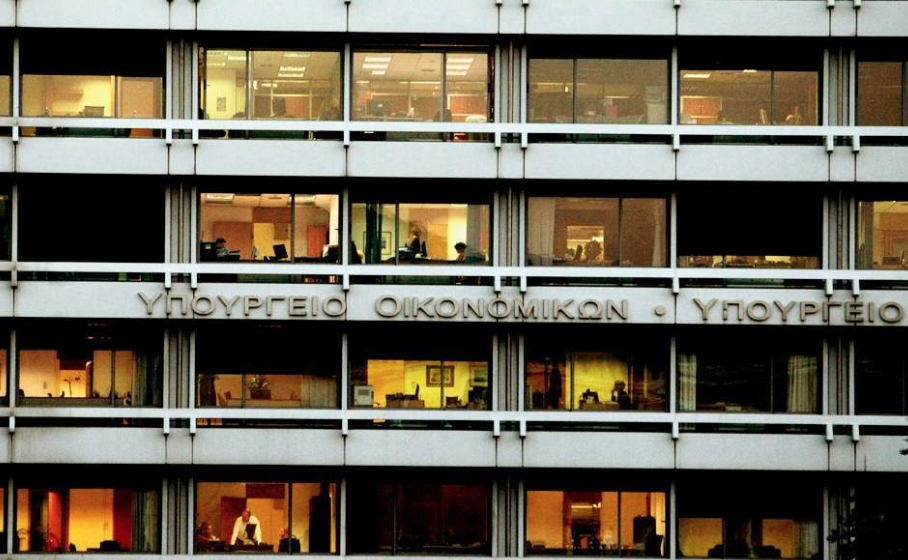As part of its bid to lighten the load of the Greek middle class, in line with its pre-election pledges last year, the conservative government is expected to include a package of measures in a midterm fiscal program to be submitted in Parliament after Easter foreseeing 1.8 billion euros in relief in 2021, Kathimerini understands.
Of the 1.8 billion euros in measures, more than half (some 1.16 billion) would come from the abolition of the so-called solidarity levy on income that was introduced in 2011, at the peak of the country’s financial crisis. The remaining relief would come from a reduction of two percentage points in social security contributions.
Along with a further reduction scheduled for June, the total reduction in social security contributions is estimated to come to three percentage points.
In practice, the implementation of the planned measure will bring an estimated increase of up to 4 percent in the incomes of millions of salaried workers who were not included in the relief measures that the conservative administration introduced last year.
The planned reform must first be agreed with representatives of Greece’s international creditors who, although no longer dictating fiscal policy following the country’s emergence from its bailout status in 2018, are still supervising the authorities’ efforts to keep the budget on track and avert any backsliding. Talks between the government and foreign officials in the coming weeks will seek to ensure that the required fiscal space is available for the relief to be offered.
A precondition for such an agreement, it appears, is that the two sides reach an agreement on the lowering of high primary surplus targets, a demand that Prime Minister Kyriakos Mitsotakis has long been pressing Greece’s international creditors to consider in view of the improvement in the fiscal situation and prospects for the economy improving even further.
Last week, following talks in Athens with Mitsotakis, European Commissioner for Economy Paolo Gentiloni said he agreed on the need for the launch of talks on reducing Greek primary surplus targets. Although the final decision will be taken by the Eurogroup, Gentiloni said that Greece’s “momentum” in economic reforms and its “very positive economic figures overall” meant that the time was ripe for a discussion on this topic.
Sourced via Ekathimerini.
